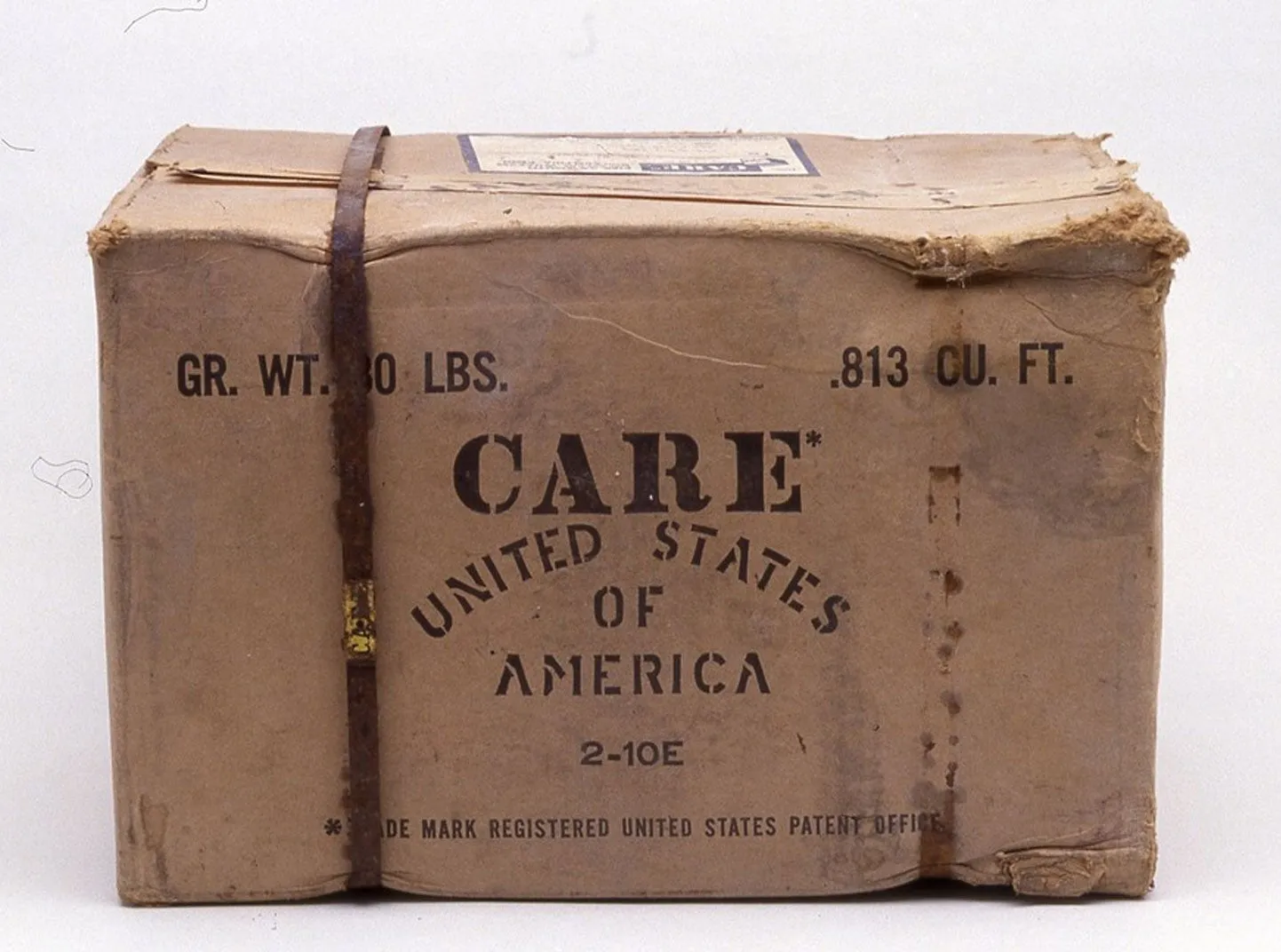Manju decided to become an ASHA—an Accredited Social Health Activist. ASHAs are frontline health workers trained to connect their villages, which are often rural or otherwise disadvantaged, to Bihar’s rejuvenating healthcare system. Frontline health workers (FLWs) form the backbone of the public health system in India, like they do in many low-income countries. She is well known in the community. “I give the mothers information that benefits them, which is why the mothers trust me.”
Dressed in her official blue-trimmed saree, Manju visits dozens of families every day, walking to her appointments to counsel expectant and new mothers. With long distances between health centers, poor road conditions, and limited transportation options, people living in rural and remote areas of Bihar have little access to facility-based health services. FLWs work hard to provide in-home counseling; health and hygiene education; and basic maternal, newborn, and child health and nutrition services to families in need. Properly trained, supported, and valued, FLWs like Manju have the potential to save millions of lives.
Since 2011, the Bihar Technical Support Program has helped the Departments of Health and Social Welfare to improve maternal, newborn, and child health in the state. Bihar has seen significant changes in many key public health metrics. Between the beginning of the program in 2005 and December 2018, the percentage of one-year-olds who have completed their immunization schedules increased by 72 percent. There were nearly 20,000 fewer newborn deaths in Bihar in 2016 than in 2011, a number that continues to fall. The maternal mortality rate in Bihar has fallen by nearly half, from 312 maternal deaths per 100,000 live births in 2005 to 165 maternal deaths in 2018. This is incredible progress, but there is still a lot to do to improve child and maternal health in this vulnerable area.
Video edited by Brooks Lee
